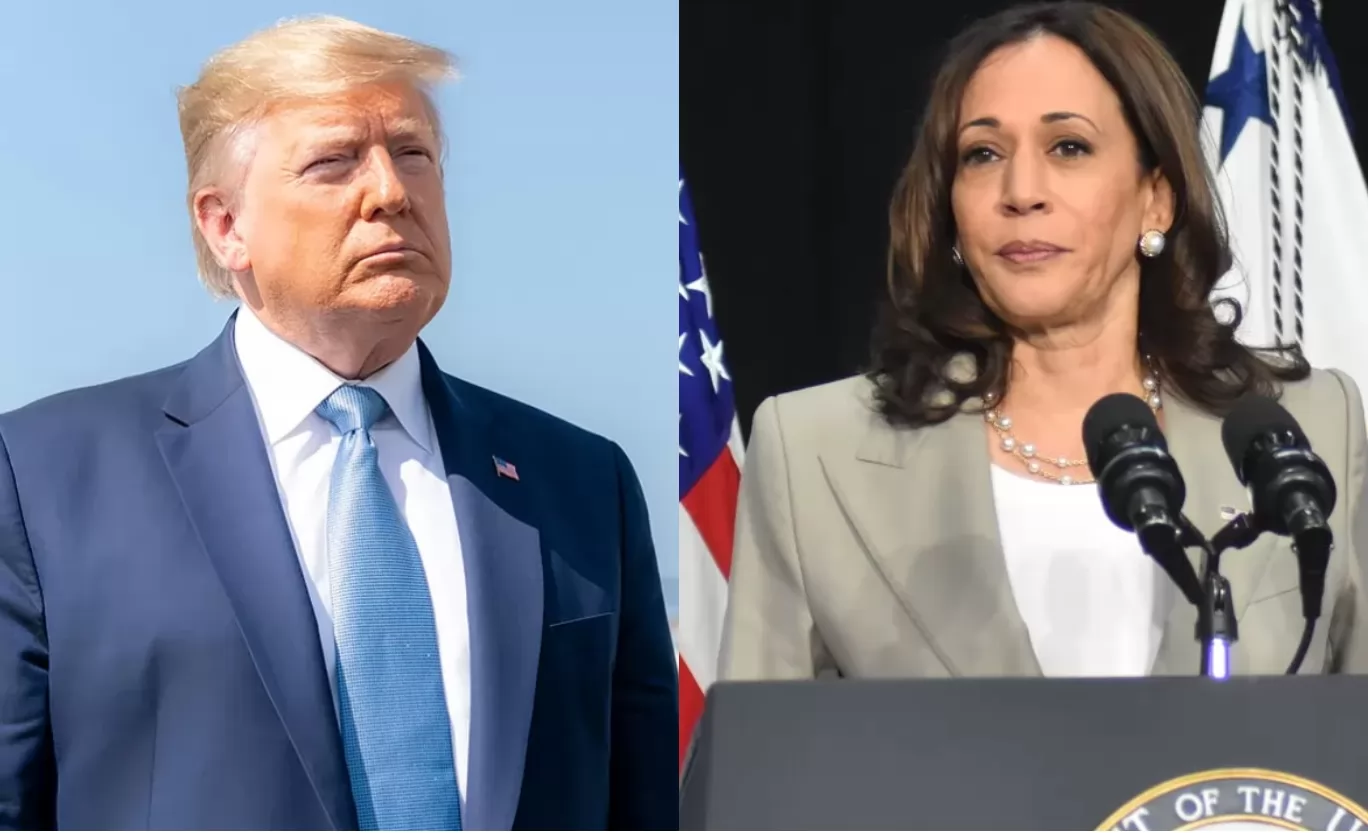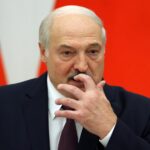The current elections in the USA seem like a battle of populists, and this is clearly not in favor of the economy. Former President Donald Trump and Vice President Kamala Harris are trying to win over voters with promises that resemble more “gifts” from the state than real economic solutions.
Trump and His Populist Promises
Trump is building his campaign on promises that sound good on paper but raise serious doubts among economists. The main idea is to increase tariffs on imports, which, according to him, should lower prices for Americans. However, most experts believe that these tariffs will actually raise prices on goods and hit the wallets of Americans, especially those with low incomes.
Other promises from Trump, such as tax cuts and increased government spending, also do not appear promising. This could lead to even higher national debt, which in turn would increase inflation. And his plans to cut energy prices in half seem like a fantasy, as it would require a substantial increase in oil and gas production, which is unrealistic in the short term.
Harris and Her Socialistic Approaches
Kamala Harris is also not falling behind in the race for voter support, offering increased social benefits and support for families. She promises to raise corporate taxes and continue child payments introduced during the pandemic. At the same time, Harris plans to impose state control over food prices, which raises even more doubts about her economic ideas.
While her proposals may seem attractive to many voters, they can also raise prices and increase demand, exacerbating the situation with inflation.
Inflation and Economic Uncertainty
Despite voters being dissatisfied with the state of the economy, data shows its stability. However, inflation has become a serious challenge. Both Trump and Harris do not offer real solutions to this problem. Their promises may lead to even greater economic instability, increased debts, and higher prices.
Political Tactics or Economic Catastrophe?
Unfortunately, both candidates are more concerned about winning the election than saving the economy. They promise everything to everyone, but in reality, their plans may only worsen the situation. Voters need to be cautious when choosing between populist promises and real economic challenges.
So, is there a chance for economic stability with any of these candidates? The answer is not comforting so far. Both seem more focused on short-term gains rather than long-term economic stability.


